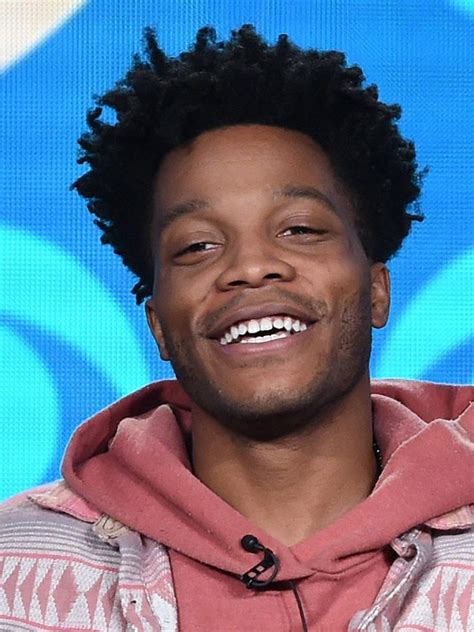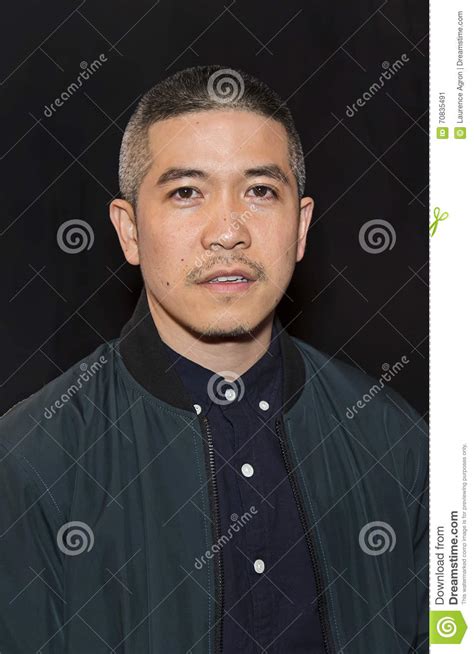A Quote by William Gibson
I've always assumed from the beginning that I had relatively few contemporaries among my readership. Not that I was consciously writing for a younger audience but that what I was doing interested a younger audience, or at least threatened them less.
Quote Topics
Related Quotes
I think when you're younger, as an actor you have much more of a notion that you are doing something to the audience. But with experience, I think you begin to worry less about what the audience's experience is and concentrate on working with the other actors, and that tends to let the audience do more work.
I guess it's because I do have a younger audience that, you know, parents worry about the role model thing. But when I was younger, I looked up to people, but I never wanted to be them. I always had my own identity. I'm an entertainer when I'm on stage, and they need to explain that to their kids. That's not my job to do that.
When I was younger, I wanted to own a circus and create this bizarre revue that went from town to town. And, I was interested in set design and doing theater. And then, I was painting for a while. It was all circling around creating an intense experience for an audience of one, or an audience of many.
If you look at the ecosystem, entrepreneurs as a class have gotten younger, younger, and younger. They also as a class have become less and less and less experienced. The good part about that is that you're unlocking this ability to start a company to so many more people. That's an amazing positive. The negative is they're coming to that job with dramatically less experience than they've ever had. So there needs to be someone around the table that can then help them.
Broadcast TV has a very classy but old-fashioned way of doing television. That's what it's always going to be. But you've still got to introduce young talent and ideas and shows to the masses. That's the way you build a bigger and younger audience, introducing younger writers, comics, TV shows to viewers.
Writing for adults and writing for young people is really not that different. As a reporter, I have always tried to write as clearly and simply as possible. I like clean, unadorned writing. So writing for a younger audience was largely an exercise in making my prose even more clear and direct, and in avoiding complicated digressions.





































